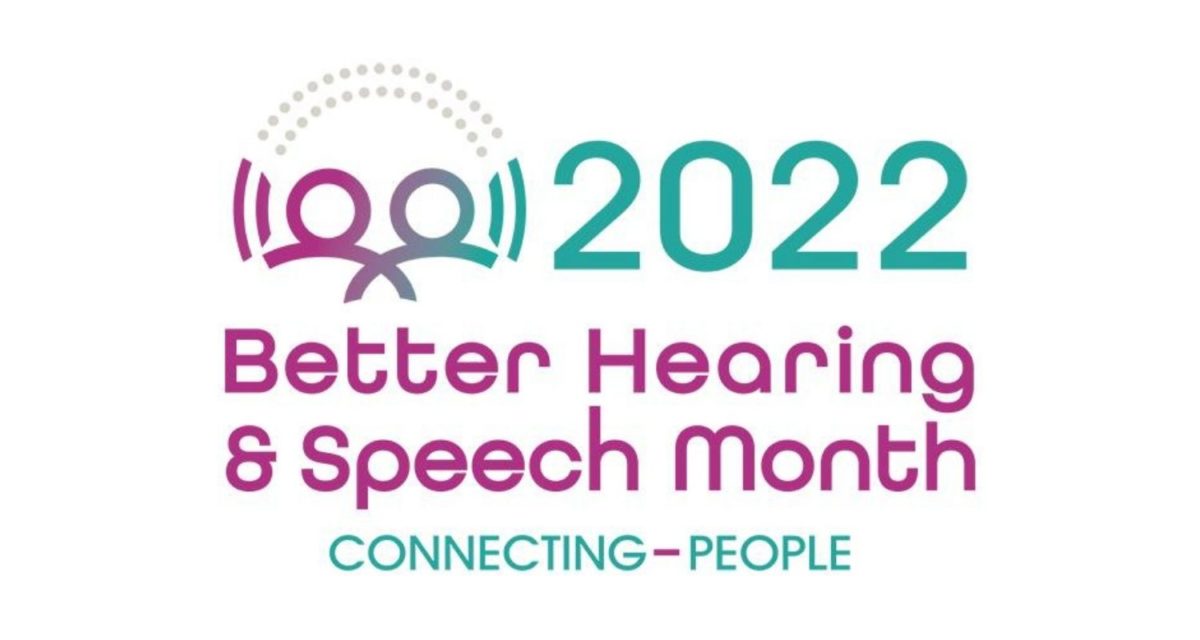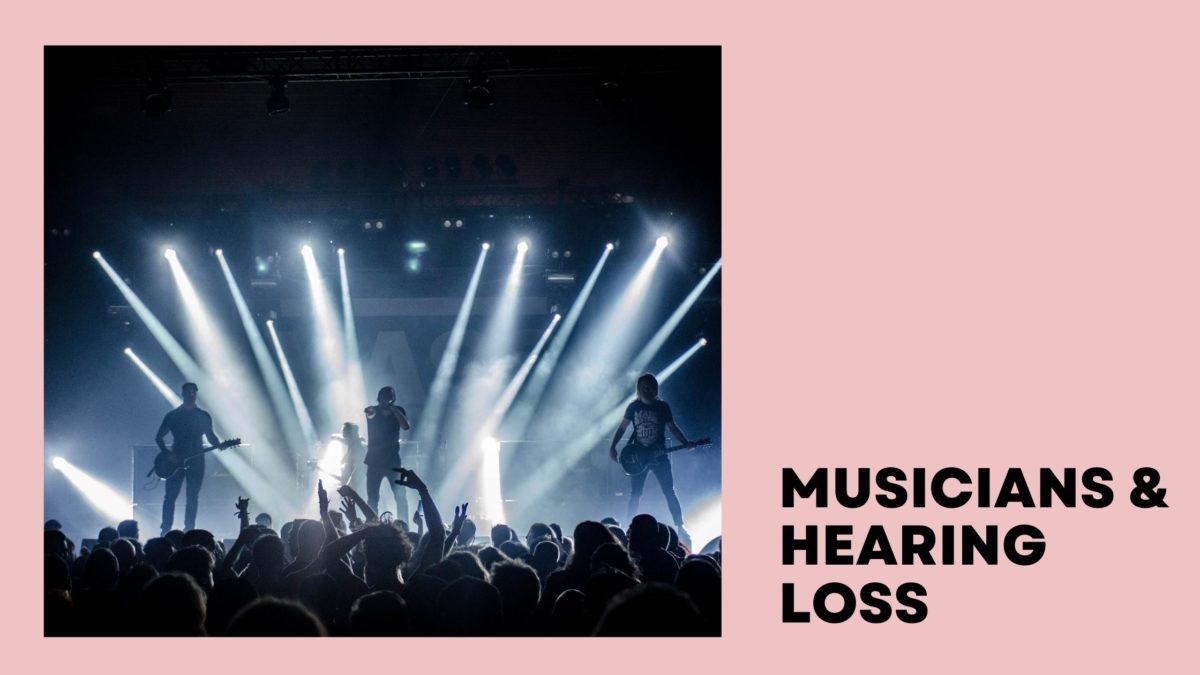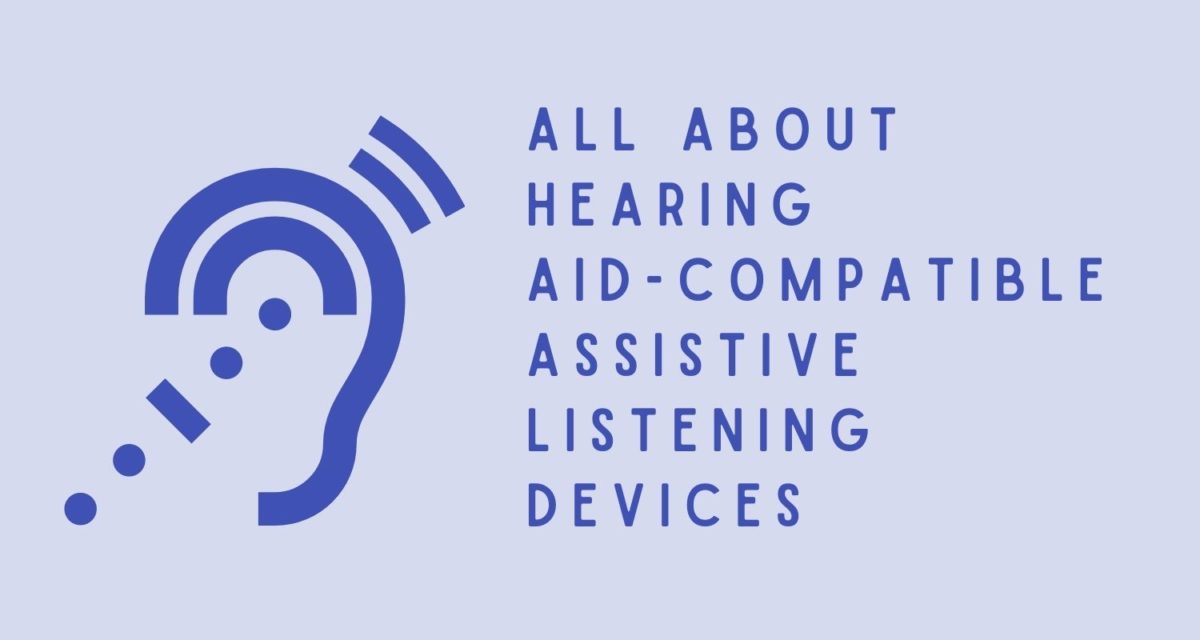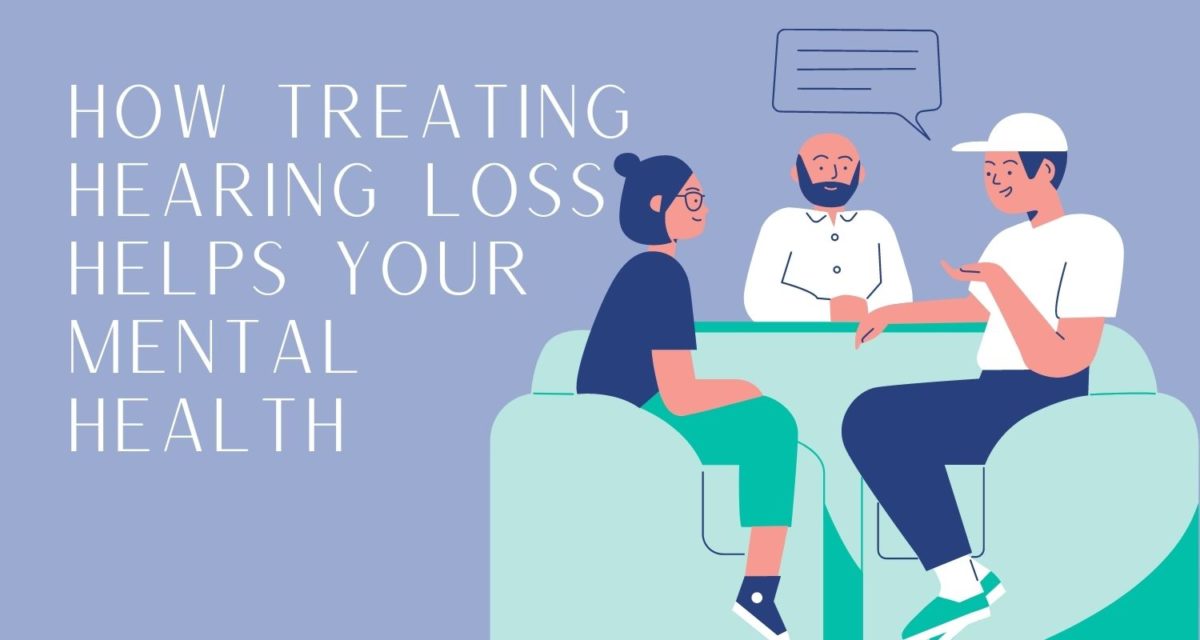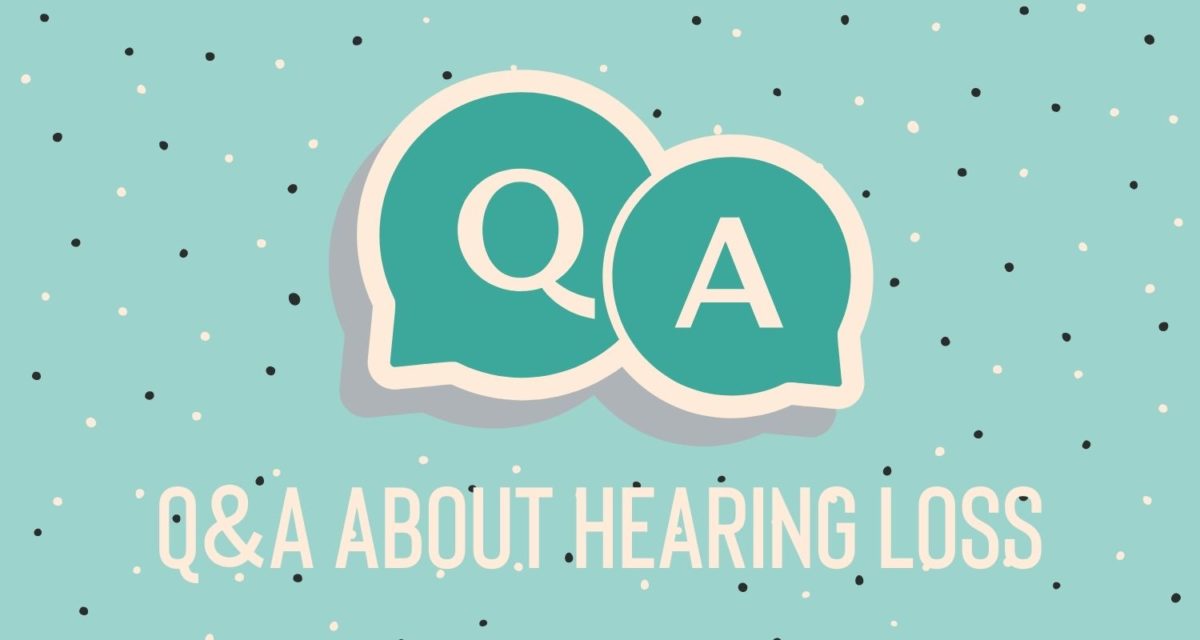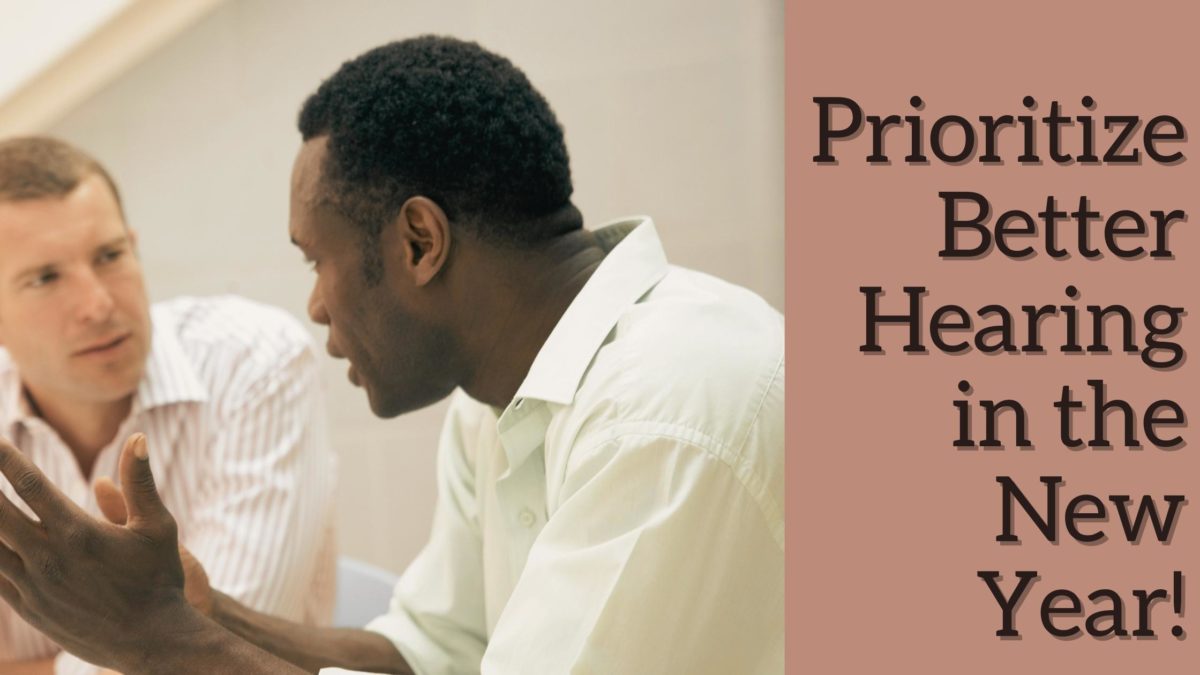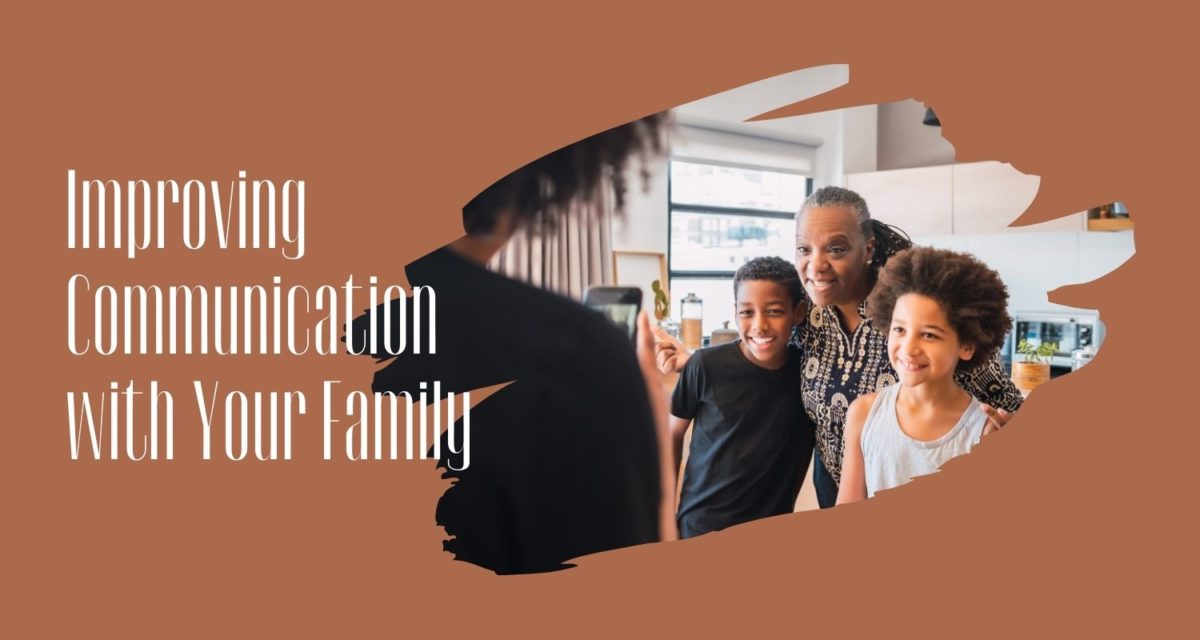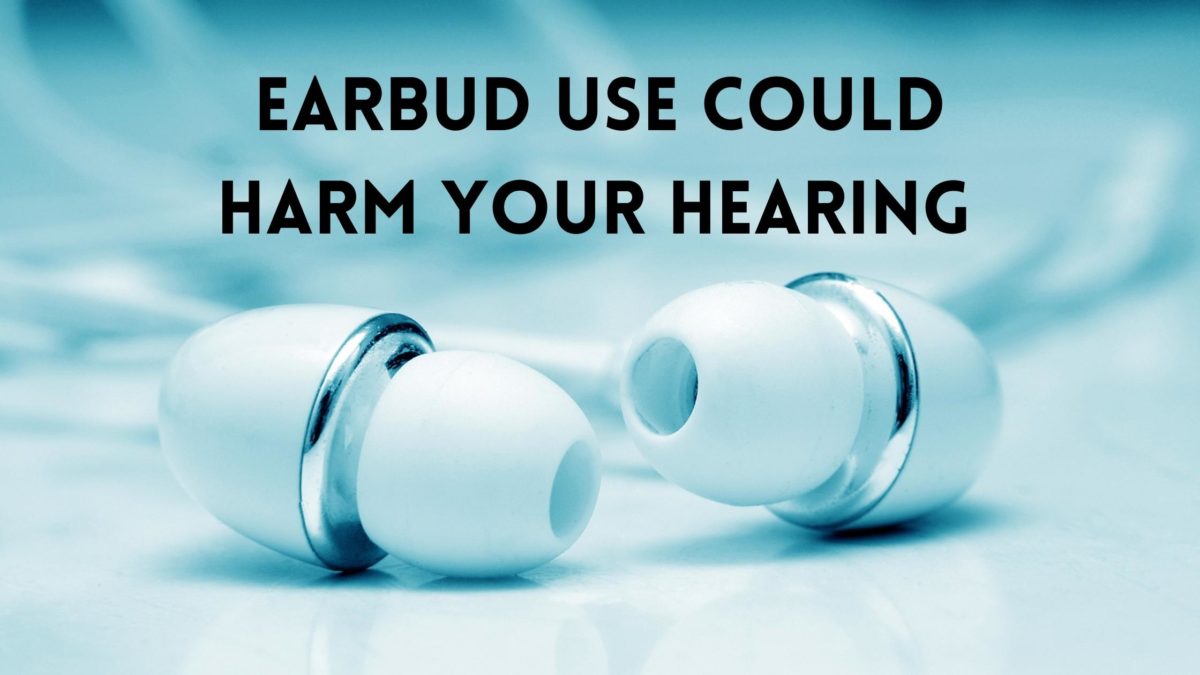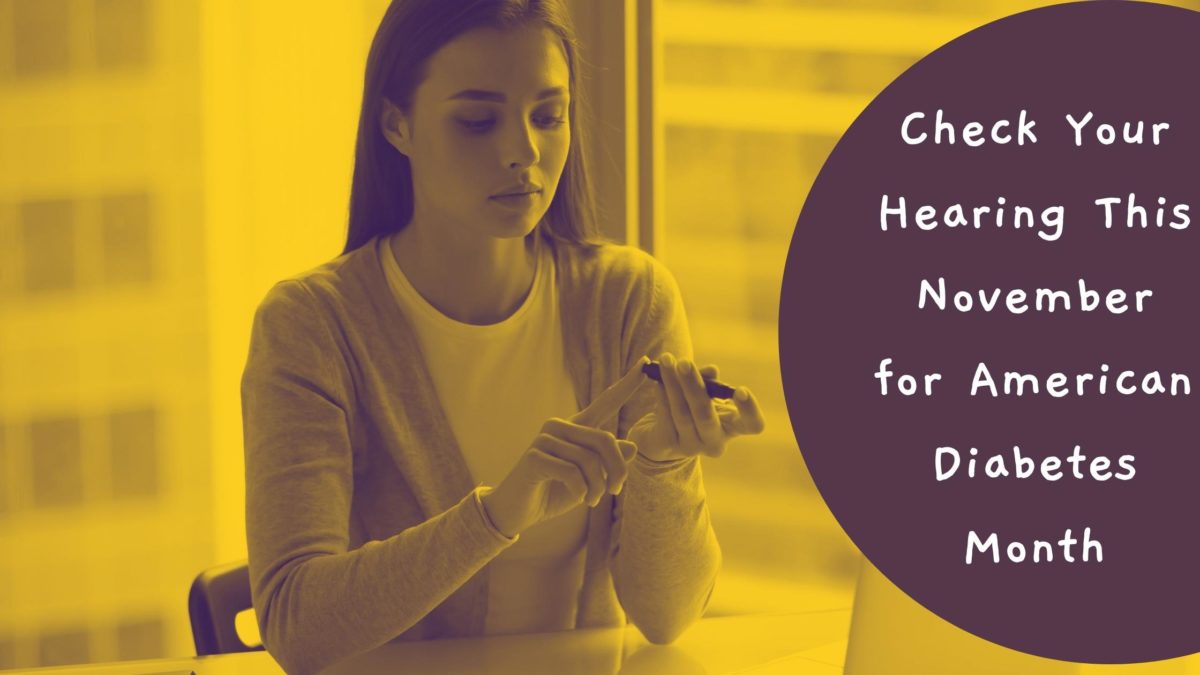Better Hearing and Speech Month coincides with the arrival of spring. The American Speech and Hearing Association (ASHA) has dedicated a whole month to increasing awareness about communication impairments, including hearing loss, and enhancing treatment while lobbying to decrease the stigma associated with hearing loss for over 75 years. “Connecting People” is the theme for this year. Helen Keller considered …
Why Pretending to Hear Doesn’t Help
Whether you have normal hearing or not – we’ve all been there. It’s that panicked moment when we can’t hear or understand the conversation, while it seems that everyone else is having no trouble at all. From time to time, it’s okay to smile, nod, and pretend to understand a conversation – especially with strangers in noisy environments such as …
Musicians & Hearing Loss
Music is known to be a powerful form of expression. It can change moods, enhance emotions and even heal individuals. Music is also known to help people relieve stress and anxiety. Given how loud bands play, it’s not surprising that many rock stars have hearing loss. Rolling Stones frontman Mick Jagger has had hearing loss for years. In a …
All About Hearing Aid-Compatible Assistive Listening Devices
More than 30 million Americans live with debilitating hearing loss. Of those, only about a quarter of people who have hearing loss will visit an audiologist, acknowledging their hearing loss and seeking solutions. Of course, there are many reasons why people don’t seek treatment, ranging from cost to cultural attitudes regarding hearing health. Another leading factor that dissuades folks from …
How Treating Hearing Loss Helps Your Mental Health
While hearing loss begins with the ears its effects are far-reaching. The body and mind support each other and when we struggle to hear our emotional health is impacted significantly. The ability to navigate conversations is when hearing loss is most noticed by others, however, because hearing loss is an “invisible” disability, it often goes unrealized. Instead, it can be …
Q&A About Hearing Loss
Hearing loss is more common and the side effect farther reaching than we’d first suspect. It affects not just our ability to hear but to connect to others, our mental health our cognitive functioning, and more. If you suspect that you or a loved one has hearing loss, you most likely have questions. Here are some of the most frequently …
Prioritize Better Hearing in the New Year!
The New Year is a great time to incorporate healthy habits into your lifestyle. Knowing how to take care of your hearing can serve you well your whole life and protect your ears from excessive and unnecessary damage. Here are a few tips for prioritizing your hearing in the new year. Pay attention to noise levels Damage to your hearing …
Improving Communication with Your Family
If you have a loved one with hearing loss, you understand the struggles that affect everyone in the family. Your family member who’s straining to hear gets frustrated or withdraws from conversations rather than face the embarrassment of mishearing or answering inappropriately. They may start feeling isolated or ignored as the grandkids or other family members interact more with the …
Earbud Use Could Harm Your Hearing
Earbuds can be found almost anywhere. Everyone owns at least one pair, ranging from the inexpensive drugstore to the state-of-the-art noise-canceling types. We wear them to work, on walks with the dog, and at the gym. We also use them to converse on the phone to do other things hands-free. Let’s face it – they’re compact, convenient, and a fantastic …
Check Your Hearing This November for American Diabetes Month
Did you know that this month is American Diabetes Month? Over 34 million people in the U.S. have diabetes, a chronic condition that impacts how the body turns food into energy. Diabetes can increase the risk of developing other health conditions including hearing loss. A recent study shows that people with diabetes can be twice as likely to also experience …

